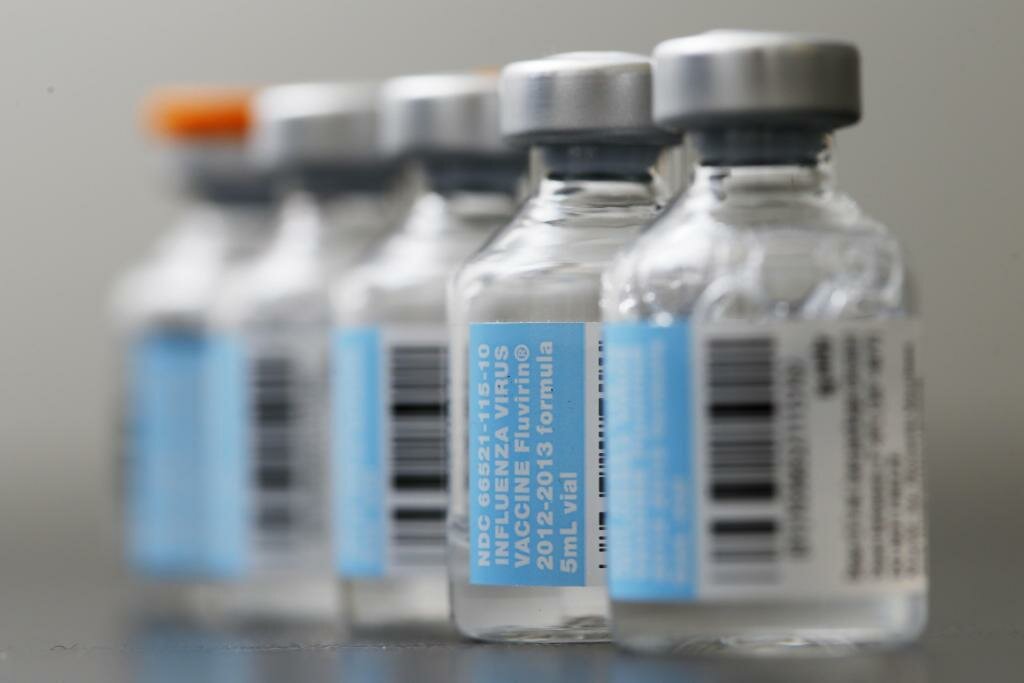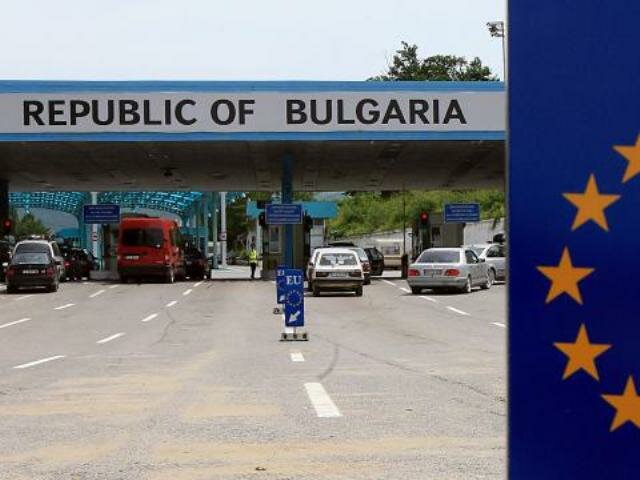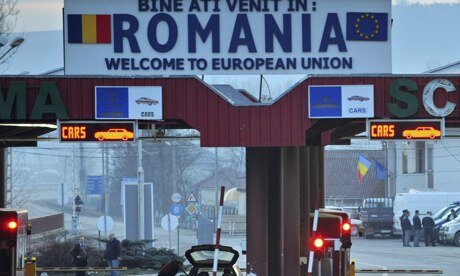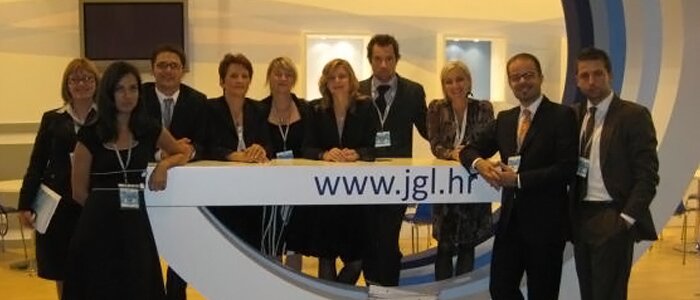Several drugs might be pulled off the Romanian market over the next months
Several drugs might be pulled off the Romanian market over the next months, while several pharmaceutical companies might go bankrupt, the Association of Generic Drug Producers in Romania has warned. According to the Association CEO Laurentiu Mihai, that is the result of the claw back tax which has been levied since 2010, which provides for the producers of prescribed drugs to pay a quarterly contribution to the state budget, tantamount to the share of reported sales. Laurentiu Mihai: “I expect the effects of the claw back tax to become visible within the next six months, with a devastating impact on the market.

Therefore more drugs will be pulled off the market, more people will be made redundant, as we announced at the end of last year that 200 people working in pharmaceutical factories in Romania had been made redundant”. In turn, the president of the National Health Insurance Authority, Vasile Ciurchea says the claw back tax went up in the last quarter of 2014 due to flu-like diseases which triggered an increase in drug sales.Vasile Ciurchea: “The tax went up due to seasonal drugs, some of them very expensive. Doctors prescribed many drugs for the treatment of flu or pneumonias. However, it is the pharmaceutical companies’ right to challenge the claw back tax ”. In early February the claw back tax exceeded 25% of the revenues of pharmaceutical companies, as compared to 21% in the past, which has prompted Dan Zaharescu, the CEO of the Romanian Association of International Pharmaceutical Producers, to say the following:Dan Zaharescu: “At present, the claw back tax has hit dangerously high levels, in that it has become economically unsustainable. The increase from 21% to 25% does not reflect a proportional growth of the pharmaceutical market or an increase in drug consumption. Basically, the market stagnated, it reported no growth. Therefore, a 20% increase in this tax is simply unjustified. The explanation provided by the head of the National Health Insurance Authority, namely that the increase reflected an upward flow in the seasonal use of drugs, is simply ungrounded. Last year the authorities provided the same explanation for an equally preposterous increase. In the last quarter of 2013, the tax went up from 15% to 20%. The explanation was similar at the time, pointing to the surge in the sales of seasonal drugs. However, the same explanation was reiterated throughout the year, and now we are again faced with a figure which is simply unsustainable from an economic point of view”. The tax increase will not be reflected by the cost of medicine, because prescribed medicine is controlled by the state.

The problem that raises itself”, said Dan Zaharescu,” is that this will prevent products from being released on the market and will give rise to parallel export to other countries in the European Union”. Health Minister Nicolae Banicioiu says, however, that the price of medicine in Romania is even by 20% higher than in other states in the region, which, in his opinion, calls for a revision of the policies on the medicine market and an updating of prices once a year. Health Minister Nicolae Banicioiu: “Prices are higher than they should be, which places added strain on our healthcare budget and even more so on patients. You can imagine what our estimated savings of over 200 million euros would mean for the healthcare system. People must understand that we are taking measures to restrict parallel export and make sure the drugs stay in the country, but we are also taking measures to ensure respect for the law and in particular the primordial right of patients not to pay more than in other countries. The money will stay in the healthcare system and go into innovative treatments which for years we all have been waiting for.”
The Health Ministry has called on holders of licenses to market medicine to update their prices as soon as possible, which would result in price cuts of up to 20% for some products. Also, the 23 new medicines approved by the government in November 2014 to be included on the list of subsidised and free drugs may reach patients starting on April 15th. The delay is caused by the fact that so far, therapeutic protocols have only been established for 17 of the 23 types of medicine, while expert committees are yet to be established to assess the other six. In the end, let us note that the hierarchy of the top 10 pharmaceutical companies in Romania in terms of sales has not changed recently. The biggest sales have been reported by Hoffman La Roche, followed by Sanofi, including the Bucharest producer Zentiva, Novartis, Servier, Pfizer, GlaxoSmithKline, Ranbaxy, the owner of the Terapia factory in Cluj, Merck&Co, AstraZeneca and Krka. RRI
Pin It










 Follow Us on Twitter
Follow Us on Twitter Be Our Fan on Facebook
Be Our Fan on Facebook















